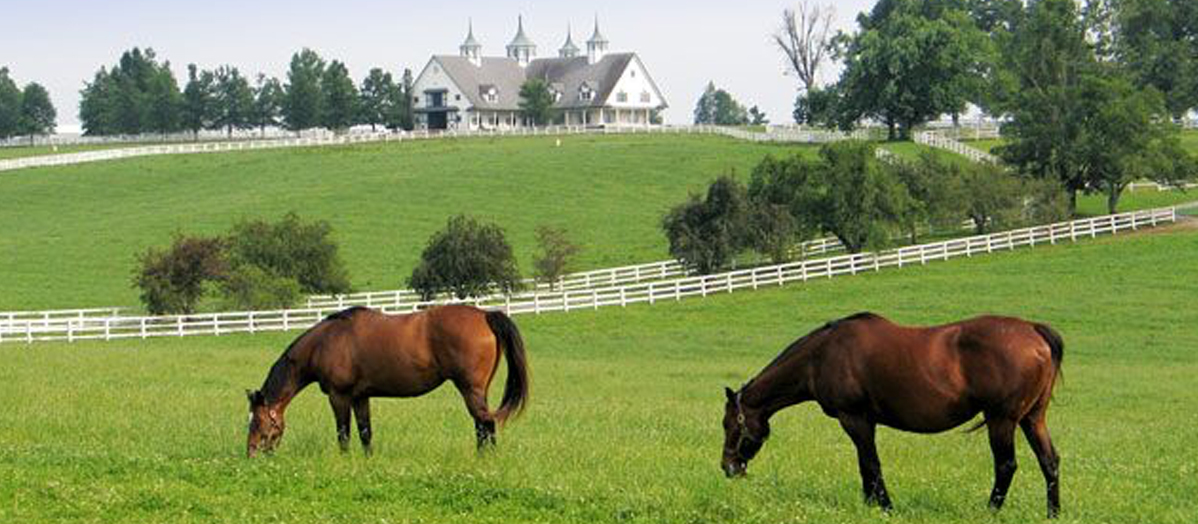365 Days in Horse Country – Hyperkalemic Periodic Paralysis

Potassium is an electrolyte that is essential for healthy
function of the body, but in the case hyperkalemic periodic paralysis (HYPP),
it is too much of a good thing. This
inherited disease of the muscle is caused by a genetic defect. Horses with HYPP are redisposed to intermittent
episodes of muscle tremors or paralysis caused by too much potassium in the
blood. That condition is known as
hyperkalemia, and it has the effect of causing a horse’s muscles to contract
abnormally.
This condition results due to a mutation in the sodium channel gene. The job of the sodium channels is to control muscle fiber contraction. Horses with this particular gene defect experience involuntary muscle contractions when blood potassium levels fluctuate. For example, this may happen when horses that haven’t eaten, consume a feed such as alfalfa, which contains high levels of potassium.
HYPP has been identified only in descendants of a Quarter Horse named Impressive. Most genetic mutations do not survive, but this one accidentally became widespread because Quarter Horse breeders wanted to produce horses with heavy musculature. They unwittingly bred widely to Impressive, hence the other name for this condition, Impressive Syndrome.
When affected horses are managed properly, they generally don’t have any problems, but stress, ranging from such causes as changes in diet, to exercise restrictions related to illness, or increased blood levels of potassium can cause signs of muscle dysfunction: shaking or trembling, weakness, or collapse.
During an attack, some horses may also display loud breathing noises caused by paralysis of upper airway muscles. In severe cases, the horse may die suddenly from heart failure or respiratory muscle paralysis. Sometimes attacks of HYPP are mistaken for other conditions. They can resemble tying up syndrome, seizures, respiratory problems, choking, and even severe colic if a horse is down on the ground and reluctant to stand.
Diet, exercise, and stress reduction are all important in the management of HYPP.
Horses with HYPP should eat several times daily. Feed them timothy or Bermuda grass hay, or grains such as oats, corn, wheat, barley, and beet pulp. Avoid feeds that are high in potassium including alfalfa hay, brome hay, canola oil, soy bean meal or oil, and sugar and beet molasses. Make and dietary changes slowly so the horse’s digestive system has time to adjust.
Regular exercise or free time in a paddock or pasture helps reduce stress. This is especially true if the horse is normally confined to a stall. If you must transport your horse, stop every two hours for a break and replenish his water.
If your horse needs general anesthesia, be sure to remind your veterinarian that he has HYPP. The veterinarian can then take steps to avoid or be prepared for an episode of paralysis, which may be triggered by anesthesia.
There is no cure for HYPP. Horses that have it can pass the gene to offspring, even if they themselves show few or no signs of the disease. There is a DNA test for HYPP, and it is recommended that all descendants of Impressive be tested for the disease.
Michael







